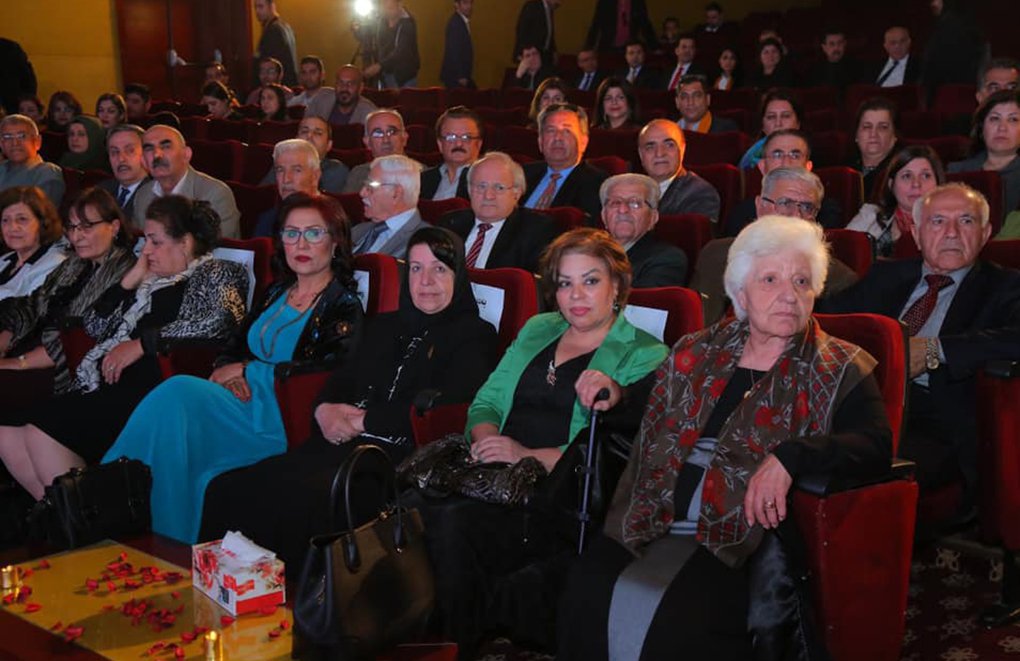Click to read the article in Turkish
Saadet Özen translated the book Eleven Minutes by Paulo Coelho into Turkish as "On Bir Dakika" in 2004. It has been recently understood that the word "Kurdistan" was not used in the Turkish version; instead, the expression of "Middle East" was preferred. The censored Turkish translation of the book was published by Can Publishing House for 38 times.
Speaking to bianet about the issue, writer Mûrad Dildar and Jêhat Kiliç have made the following remarks:
"While we were reading the book 'Eleven Minutes' by Paulo Coelho, we came across sentences referring to Kurds.
"When we compared these sentences to its Turkish edition published by Can Publishing and translated into Turkish by Saadet Özen, we realized that the sentences were not translated correctly, they were censored.
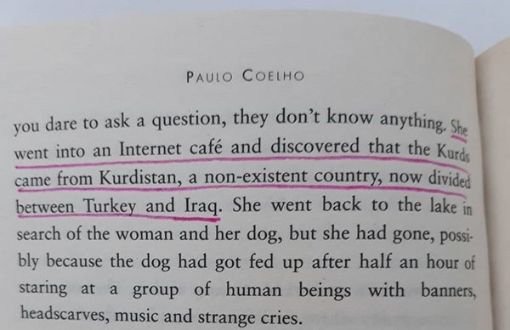
"On the 62nd page of the book published by Harpercollins Publishers in 2014, there was a sentence that reads: 'She went into an Internet cafe and discovered that the Kurds came from Kurdistan, a non-existent country, now divided between Turkey and Iraq.'
"In its Turkish edition published by Can Publishing House in July 2017 and translated by Saadet Özen, the translation of this sentence is as follows: 'Maria entered an Internet cafe; it was written on the Internet that Kurds were living in the Middle East."
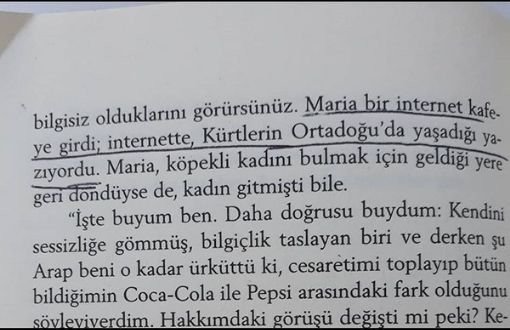
In other words, in the Turkish translation of the book, not only the word "Kurdistan", but also it being "a non existent country, now divided between Turkey and Iraq" were censored.
After this censorship was strongly criticized especially on social media, Can Öz, the owner of the Can Publishing House, made a statement on Twitter:
"I do not know who is responsible for the differences between the translation of Paulo Coelho's 11 Minutes and its original, I do not know its translator.
"The edition is very old. However, a publisher does not have the right to randomly interfere in the text. The readers who show reaction are right. We will correct it in the next publication."
Statement by translator Saadet Özen
Heavily criticized on social media, Saadet Özen, the translator of the book, also made a statement about the issue on Twitter.
In her first statement, Özen said, "Personally, I have never thought that I have the right to deliberately censor a word to this day.
"Regardless of whether what is said is found right or wrong, if the writer has written it, then, it is what the writer has written. I have also never witnessed Can Publishing did something like that either.
"It has been a long time since this translation was published. However, I do not remember having talked about this with the publishing house.
"It must have been mentioned, but I do not remember anyone having told me 'Don't do this, but do that.' The book was telling a completely different story anyway. Did Coelho want to be in a political dispute? Did he prefer to stay out of it? It can be inferred from the general of the book, I think."
One day later, the translator made another statement about the criticisms. This time, Özen said, "Let's assume that I wanted to censor it. I removed the word Kurdistan. In fact, the ones (who shy away from the word) would be happy with Coelho's description of "non-existent country." To make further estimations about how it happened would be speculation." (MB/SD)





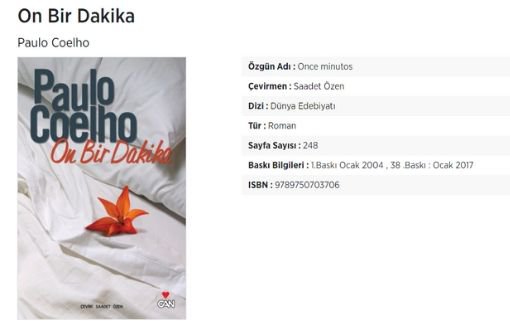
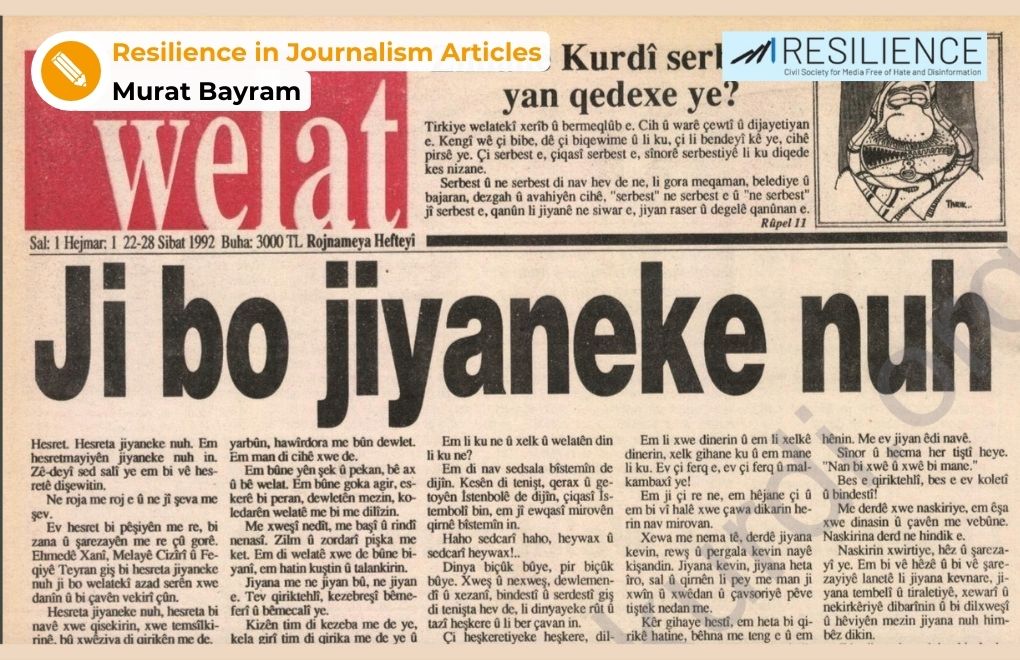
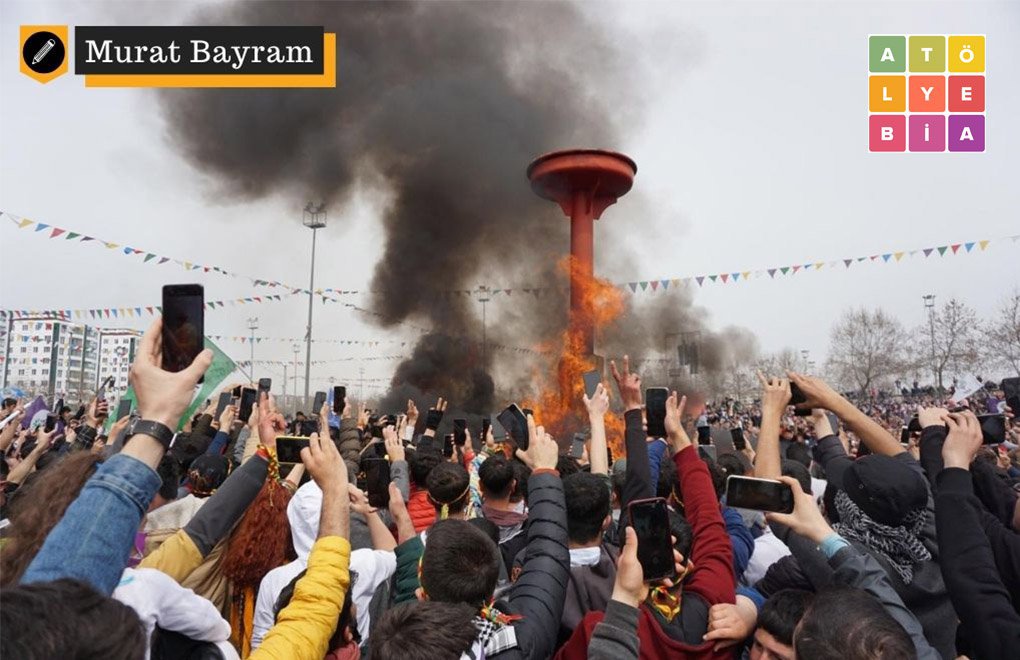
.jpg)
